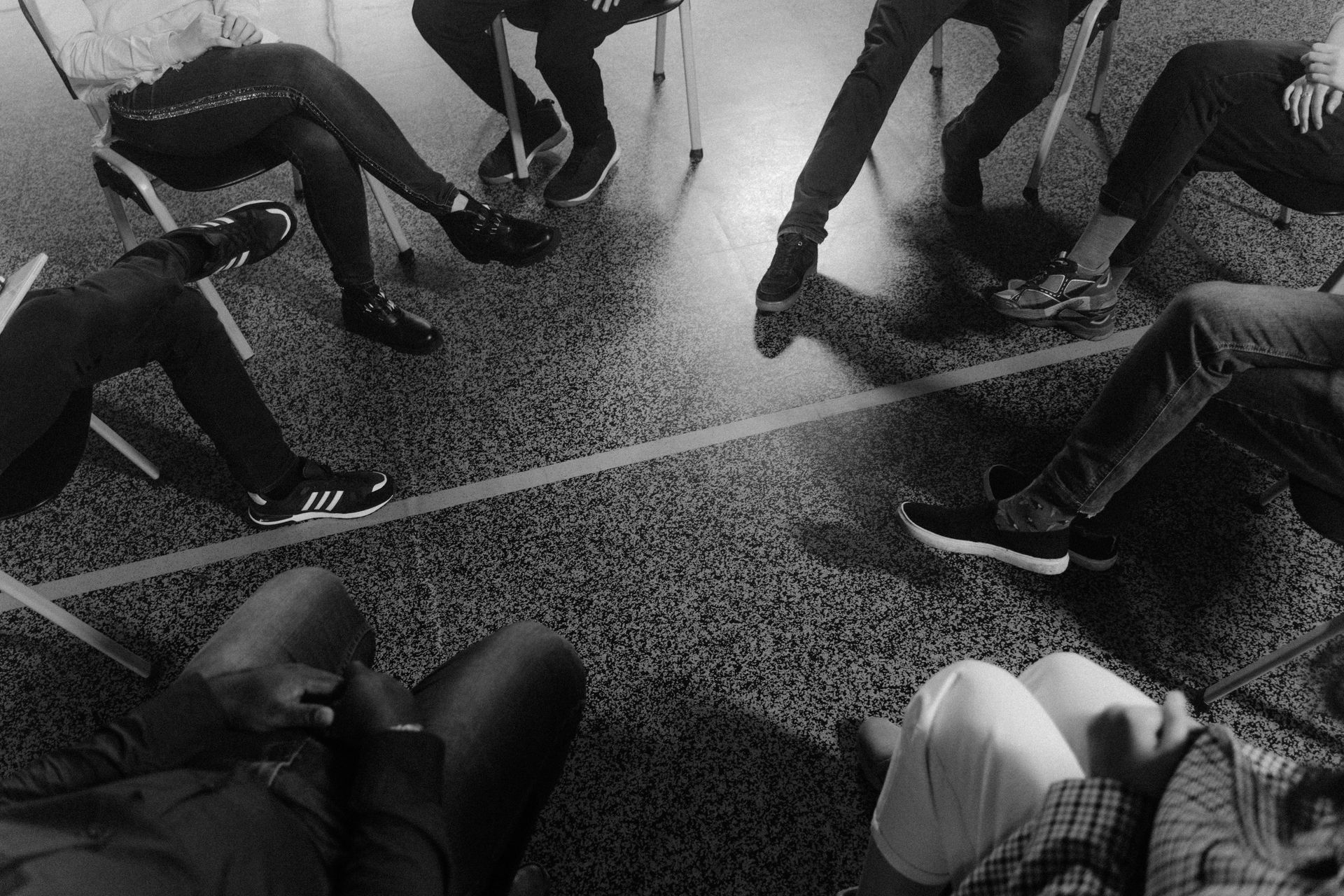Context-dependent learning: why WHERE you learn to stay sober really matters
FDH Team • March 7, 2021
From learning to dribble a basketball to mastering parallel parking to studying for an important exam, humans acquire high-level skills and complex habits of mind through strong associations with the contexts in which we encounter and use them. Context-dependent learning refers to the concept that individuals do better at recalling and applying information when the context present at encoding (or acquiring) and retrieval (recall and application of the encoded information) are the same. Simply put, we do better when we learn and apply what we learned within the same context or environment.
For example, in one study scuba divers were asked to memorize lists of words on land and underwater. The lists that were learned underwater were best recalled underwater. Those learned on land were best recalled on land. The group with the worst recall was the one where the learning and testing environments were misaligned – learning underwater and testing on land. Similarly, in another study, it was shown that chewing gum while studying and again when taking a test produced the highest recall and best scores, far superior to the group who chewed gum to study but did not chew gum during the test.
It’s no wonder, then, that once rehab patients return home they are unlikely to retain and apply the lessons and habits acquired in rehab – the contexts are misaligned. Might this explain, at least in part, the disappointing success and high relapse rates produced by treatment-as-usual?
We at Front Door Health believe so, and suggest the contextual differences between rehab and a “real world” environment, in particular, exacerbate this discrepancy and contribute to the revolving door of treatment-relapse-more treatment. Rehab bears no resemblance to the real world – there is no access to drugs and alcohol, the environmental triggers to use drugs or alcohol are absent – none of our problematic relationships are present, we are not working, or studying, or seeing friends. Instead, you are isolated, told when to wake up, given a program schedule and cocooned in a supportive, 24/7 environment designed to keep you sober.
This works quite well, in rehab. The challenge becomes sustaining progress once back home and confronted with all the contextual triggers that await – access to drugs and alcohol, work pressure, family dynamics, “using” friends, etc.
Front Door Health solves this problem by aligning the learning and practicing contexts – we come to you, you do not “check out” of life and move in with us. As a result, our patients master the skills and habits of sobriety and healthful living at home, interacting with their environment and their families. Unlike skills learned in rehab, those learned and practiced in the “real world” will be retained, tested and made part of each patient’s personal recovery “program.” We believe this is one of the many advantages to the Front Door Health approach.



